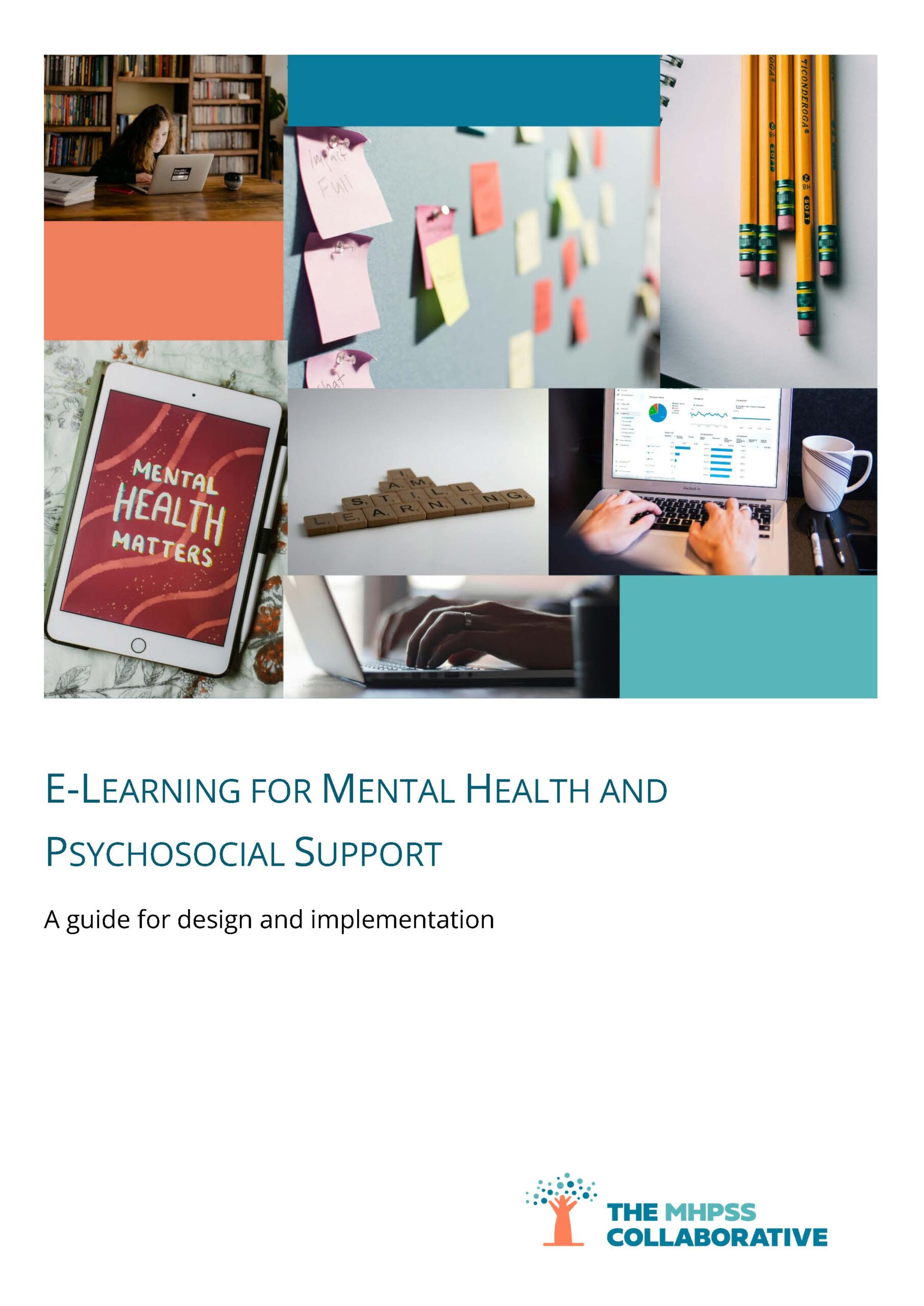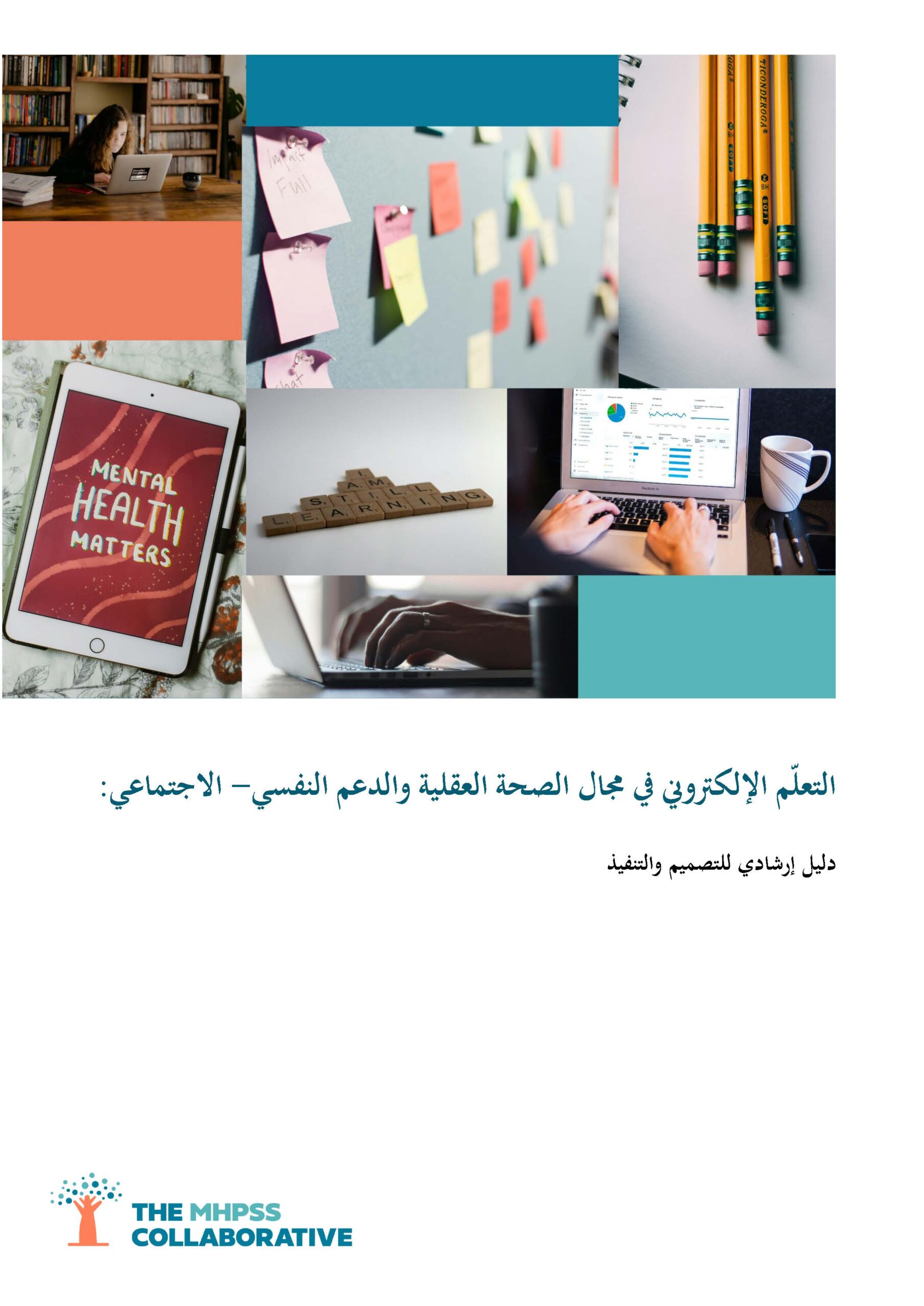About one billion people worldwide suffer from mental illness, affecting roughly 7 in 1,000 families. Every 40 seconds, someone dies by suicide. Mental disorders contribute to 4.9% of global disability-adjusted life-years (DALYs), a rate unchanged over the past 30 years. Despite this, governments spend only 2.1% of their health budgets on mental health. This leaves about 85% of people in low and middle-income countries (LMICs) with mental, neurological, and substance-use disorders without treatment.
This comprehensive toolkit addresses this critical gap by providing practical guidance for developing effective online mental health training programs, particularly for low-resource settings. Designed for program managers, educators, and instructional designers worldwide, it helps expand the skilled mental health workforce through quality online education – addressing one of healthcare’s most pressing global challenges.
The resource offers step-by-step guidance through the ADDIE framework (Analyze, Design, Develop, Implement, and Evaluate), helping you create impactful online training for mental health and psychosocial support (MHPSS) workers. Whether you’re adapting existing materials or building new curricula, you’ll find practical tools for:
- Defining your target audience using personas
- Creating clear learning objectives
- Finding reliable MHPSS resources
- Designing culturally appropriate learning materials
- Developing effective storyboards
- Implementing courses for maximum engagement
- Evaluating outcomes and impact
The Humanitarian Leadership Academy has supported the development of this guide and is an invaluable collaboration partner.
This resource was written by Kathy Trang and Victor Ugo, and edited by Louise Juul Hansen.

